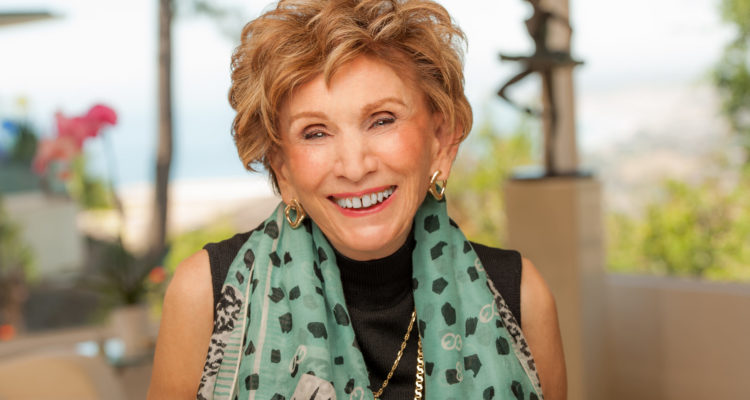- Holocaust survivor and psychologist Dr. Edith Eger explains how to free ourselves from the prison of fear and limiting beliefs.
- People can be freed from the prison of self-neglect by practicing savoring.
- We can free ourselves from fear by practicing kindness.
In the spring of 1944, Edith Eger was a teenage gymnast in Hungary. Then she and her family were imprisoned in Auschwitz. Yet she says, “I’m here to tell you that the worst prison is not the one that Nazis put me in. The worst prison is the one I built for myself” (2022, p. 3).
After the war, Edith Eger came to America and later earned her Ph.D. in psychology. Realizing how our beliefs can imprison us, she’s helping people free themselves from their personal prisons by recognizing their power to choose.
Her approach parallels that of Viktor Frankl, who said that everything can be taken from us “but one thing: the last of the human freedoms—to choose one’s attitude in any given set of circumstances” (1984, p, 86). Both of them recognized our transformational power to choose.
Eger discovered Frankl’s work when a classmate in her university history class handed her a copy of Man’s Search for Meaning. She began reading the book that night until 3 a.m., then wrote an article about Viktor Frankl, which someone sent to him. He responded with “a beautiful letter, inviting me to meet him in San Diego, at the International University.” Frankl became her mentor, she says, and “I feel very, very wonderful about having him as my mentor and my colleague” (2022, personal communication). In 2017, she published her memoir, The Choice, after Stanford psychologist Philip Zimbardo, Ph.D., called her, saying that Holocaust memoirs had all been written by men and they needed a female voice.
Read the article by Diane Dreher in Psychology Today.

